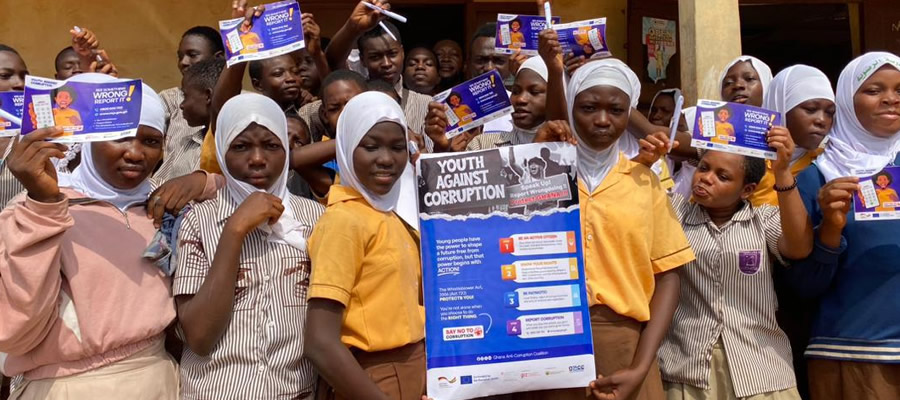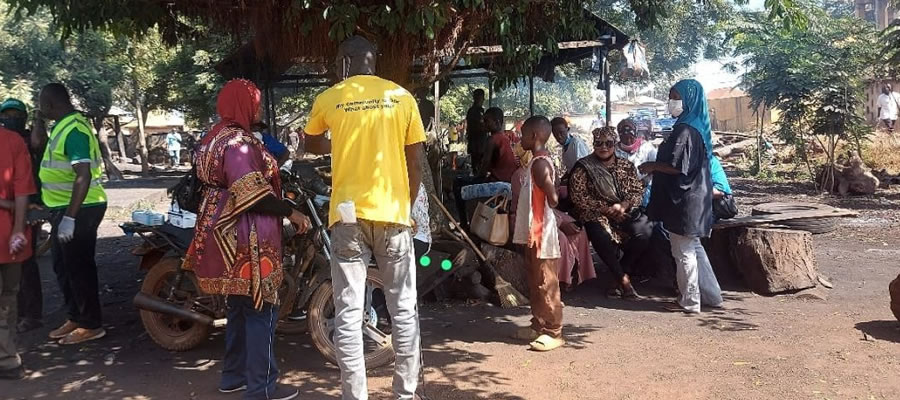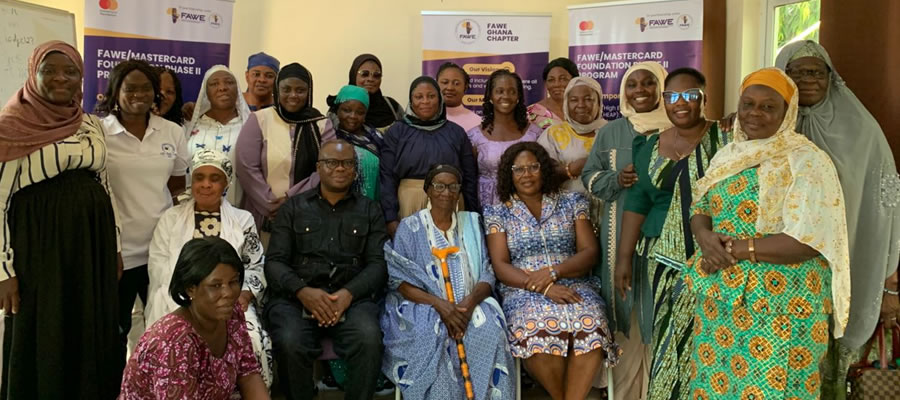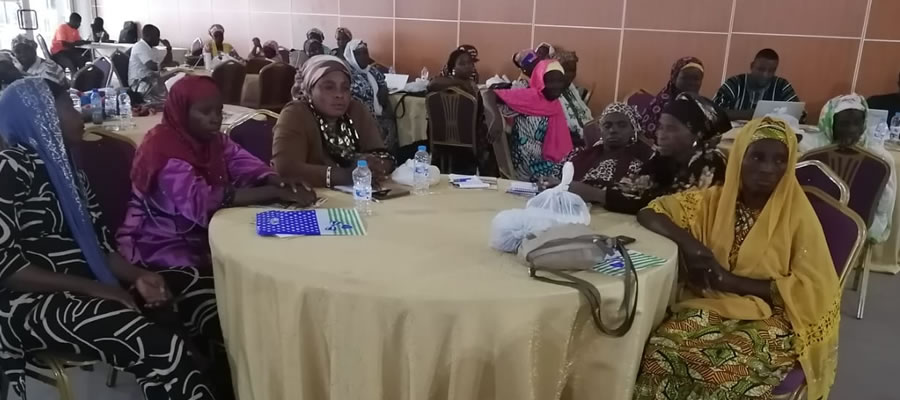

METRO DIRECTORATE OF EDUCATION
The Metro Education Directorate (MED) is headed by the Metropolitan Director of Education. This Directorate has the oversight responsibility of ensuring and providing relevant education to all humans living in the Metropolis and to develop their potential, to be productive, to facilitate poverty reduction and promote socio-economic growth and development.
The overall vision of the Ghana Education Service (GES) in which the MED operate is to create a service capable of meeting the pre-tertiary education needs of all children of school-going age irrespective of gender, ethnic, religion and political affiliation through teamwork and total pupil /student/teacher care.
In line with the general mission of the GES, the MED has a vision to provide relevant Education, in collaboration with Tamale Metropolitan Assembly, Civil Society and other stakeholders in all spheres of life irrespective of tribe, religion or gender/sex so that school going children could acquire holistic skills for development thereby reducing poverty and promote socio-economic growth in the Metropolis.
All the public Basic Schools are distributed among twenty-two (22) educational circuits in the Metropolis. The school system is run in three terms in an academic year beginning August/September. There are 22 Circuit Supervisors who inspect, supervise and monitor teaching/ learning activities within that circuit. The table below shows the enrollment numbers of Public and Private schools in the Metropolis.
PUPIL-TEACHER RATIO
The standard pupil teacher ratio approved by the GES is 35:1. The MED has had an improvement in the pupil teacher ratio probably due to the presence of the two Teacher Training Colleges in the Metropolis. Below are the figures representing pupil-teacher ratio during the past years at primary and JHS levels.
With the total teacher population 88% are trained (professionals) whereas 21.96% (922) are still untrained (pupil teachers). This high trained professional rate may be due to government intervention programmes to upgrade teacher education such as distance courses organised by the University of Cape Coast, study leave for teachers to study in other institutions among others, INSET Training and the UTDBE also organized by GES to help improve upon their teaching skills
BECE Results
Though pupil teacher radio is fairly good in the Metropolis, the Basic Education Certificate Examination in the Metro is nothing to write home about. Since 2004 this is the performance of students at the BECE.
Challenges of the Girl Child
Girl child education has become a concern to all development stakeholders and the MED is working very hard to ensure good quality girl child education in the Metropolis. The following are some of the challenges identified under girl child education in the Metropolis.
Key Development Issues under MED
- Poor Performance at the BECE
- Provision of Adequate Funding for timely implementation of Programmes and Projects
- Provision of Adequate Infrastructure
- Intensification of Monitoring and Supervision Exercises
- Effective Decentralization
- Timely release of funds
- Budgetary constraints
Provision of funds for logistics and monitoring
Date Created : 11/18/2017 8:44:14 AM












 facebook
facebook
 X
X
 Youtube
Youtube
 instagram
instagram
 +233 593 831 280
+233 593 831 280 0800 430 430
0800 430 430 GPS: GE-231-4383
GPS: GE-231-4383 info@ghanadistricts.com
info@ghanadistricts.com Box GP1044, Accra, Ghana
Box GP1044, Accra, Ghana